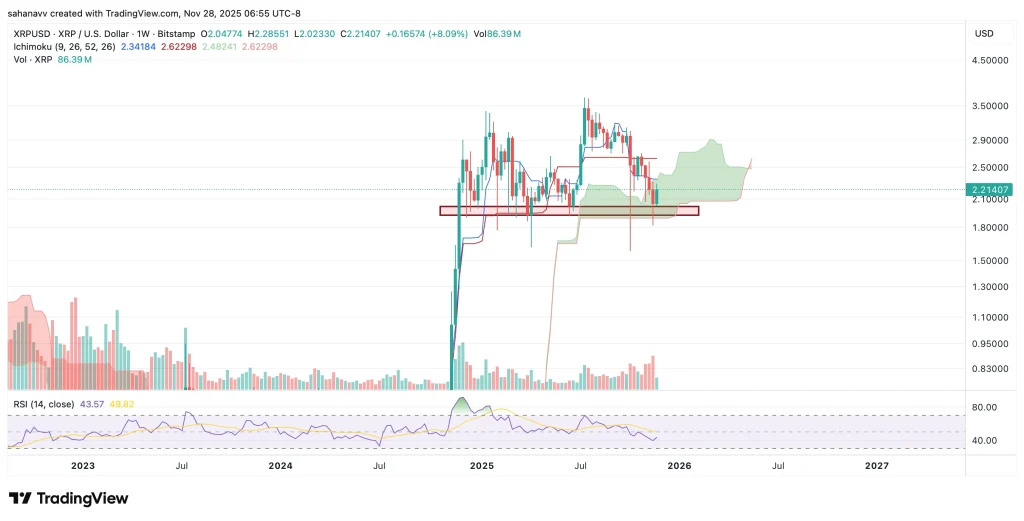El Salvador's Bitcoin Reserve Strategy and Its Implications for Emerging Market Crypto Adoption
- El Salvador split $678M Bitcoin into 14 wallets (≤500 BTC each) to mitigate quantum risks and set a sovereign digital asset management precedent. - The 2025 Investment Banking Law ($50M crypto bank capital requirement, PSAD licenses) attracted institutional capital by legitimizing Bitcoin as a reserve asset. - Bitcoin reserves surged 375.5% since 2023, outperforming gold and S&P 500 through strategic redistribution and institutional-grade transparency dashboards. - Emerging markets adopt similar framewor
El Salvador’s Bitcoin reserve strategy has emerged as a pioneering model for emerging markets seeking to balance innovation with institutional trust. By fragmenting its $678 million Bitcoin holdings into 14 wallets—each containing no more than 500 BTC—the country has mitigated quantum computing risks and set a precedent for sovereign digital asset management [1]. This approach, which limits exposure to single-point vulnerabilities, aligns with cryptographic best practices such as unspent transaction output (UTXO) obfuscation and address fragmentation [2]. The strategy not only safeguards against theoretical quantum threats but also reinforces transparency through a public dashboard that tracks the reserves in real time [3].
The institutional credibility El Salvador has cultivated through this strategy is evident in its legislative framework. The 2025 Investment Banking Law, which mandates $50 million in capital for crypto banks and introduces PSAD licenses for accredited investors, has attracted institutional capital and positioned Bitcoin as a legitimate reserve asset [4]. These measures have fostered a regulatory environment that balances innovation with risk management, a critical factor for emerging markets wary of speculative volatility [5]. The country’s Bitcoin reserves have appreciated 375.5% since 2023, outperforming traditional assets like gold and the S&P 500 [6]. This performance underscores how strategic asset redistribution and institutional-grade governance can drive price appreciation by enhancing market confidence.
Emerging markets, particularly those grappling with inflation and limited access to traditional banking, are increasingly adopting similar frameworks. For instance, geothermal-powered Bitcoin mining in El Salvador and partnerships with Bolivia highlight how digital infrastructure can be leveraged for economic resilience [7]. These initiatives demonstrate that Bitcoin’s role as a hedge against fiat devaluation is amplified when paired with robust institutional safeguards. The country’s experience suggests that asset redistribution strategies—such as wallet fragmentation and transparency dashboards—can serve as blueprints for other nations seeking to integrate Bitcoin into their financial systems [8].
While challenges persist—such as low public adoption and IMF restrictions on Bitcoin’s legal tender status—El Salvador’s approach has demonstrated that institutional trust and strategic allocation can outweigh short-term obstacles [9]. The country’s success in attracting high-net-worth individuals and institutional investors through its 2025 Investment Banking Law further validates Bitcoin’s potential as a diversification tool in macroeconomic portfolios [10]. As quantum-resistant cryptographic algorithms evolve, El Salvador’s model may serve as a transitional framework until post-quantum encryption becomes standard [11].
For emerging markets, the implications are clear: asset redistribution strategies that prioritize security, transparency, and regulatory clarity can catalyze institutional adoption and price appreciation. El Salvador’s experiment, though imperfect, has shown that Bitcoin’s value proposition is not just speculative but rooted in its ability to address systemic risks and foster trust in volatile economies.
Source:
[1] El Salvador splits $678M Bitcoin across 14 wallets to reduce quantum risk
[2] El Salvador's Quantum-Resistant Bitcoin Strategy
[3] El Salvador's Bitcoin Reserve Initiative
[4] El Salvador's 2025 Investment Banking Law
[5] El Salvador's Strategic Bitcoin Accumulation
[6] El Salvador's Bitcoin Reserve Appreciation
[7] El Salvador's Geothermal Bitcoin Mining
[8] El Salvador's Public Dashboard Transparency
[9] El Salvador's Legal Tender Rescission
[10] Institutional Capital Attraction
[11] Quantum-Resistant Cryptographic Evolution
Disclaimer: The content of this article solely reflects the author's opinion and does not represent the platform in any capacity. This article is not intended to serve as a reference for making investment decisions.
You may also like
No wonder Buffett finally bet on Google
Google holds the entire chain in its own hands. It does not rely on Nvidia and possesses efficient, low-cost computational sovereignty.

HYPE Price Prediction December 2025: Can Hyperliquid Absorb Its Largest Supply Shock?

XRP Price Stuck Below Key Resistance, While Hidden Bullish Structure Hints at a Move To $3

Bitcoin Price Prediction: Recovery Targets $92K–$101K as Market Stabilizes